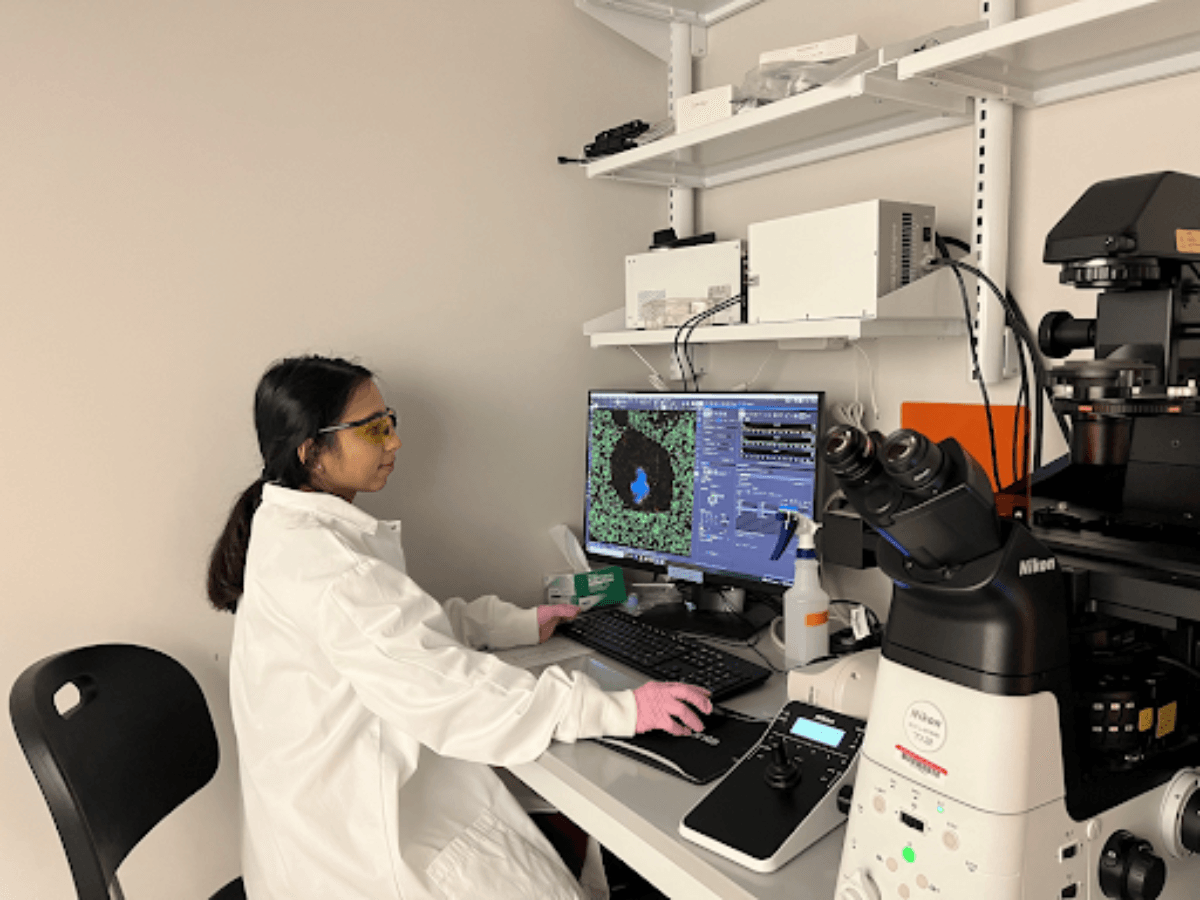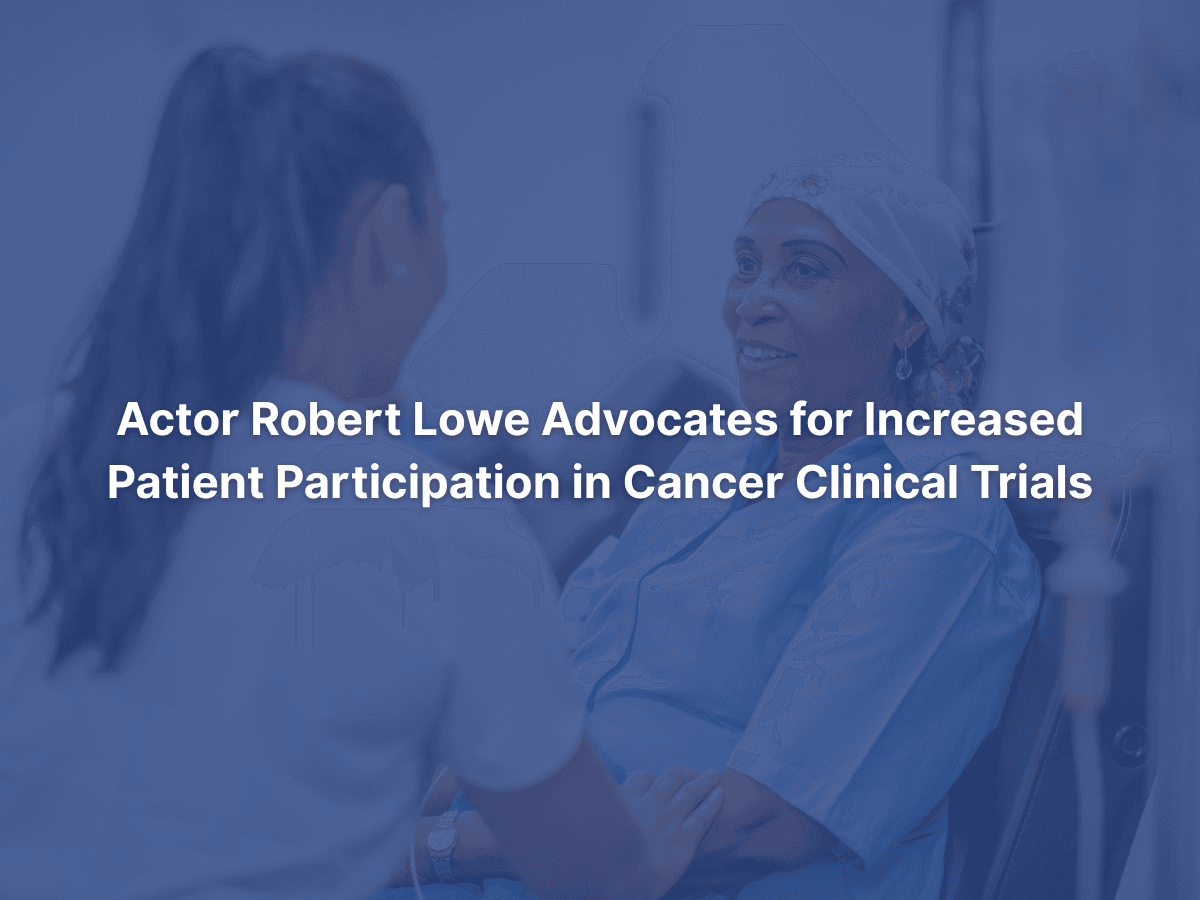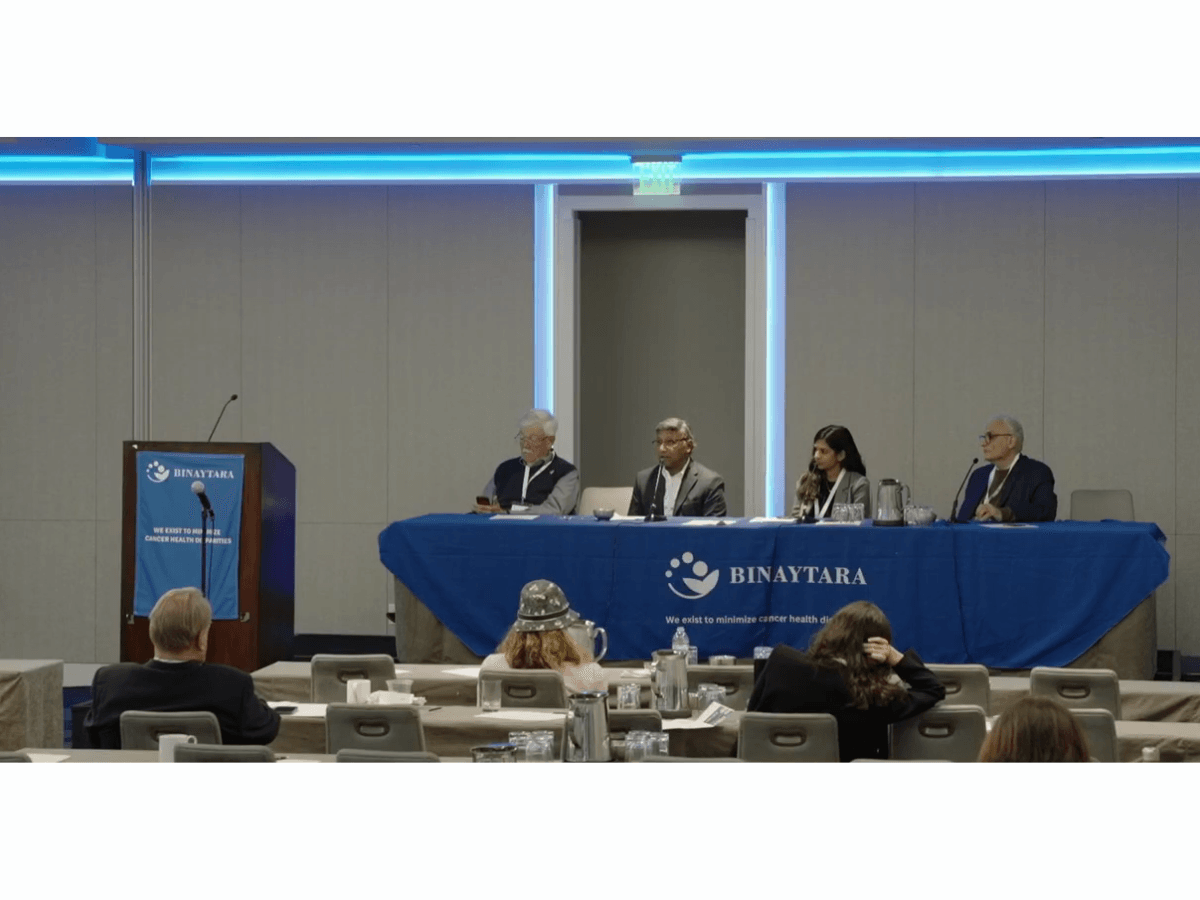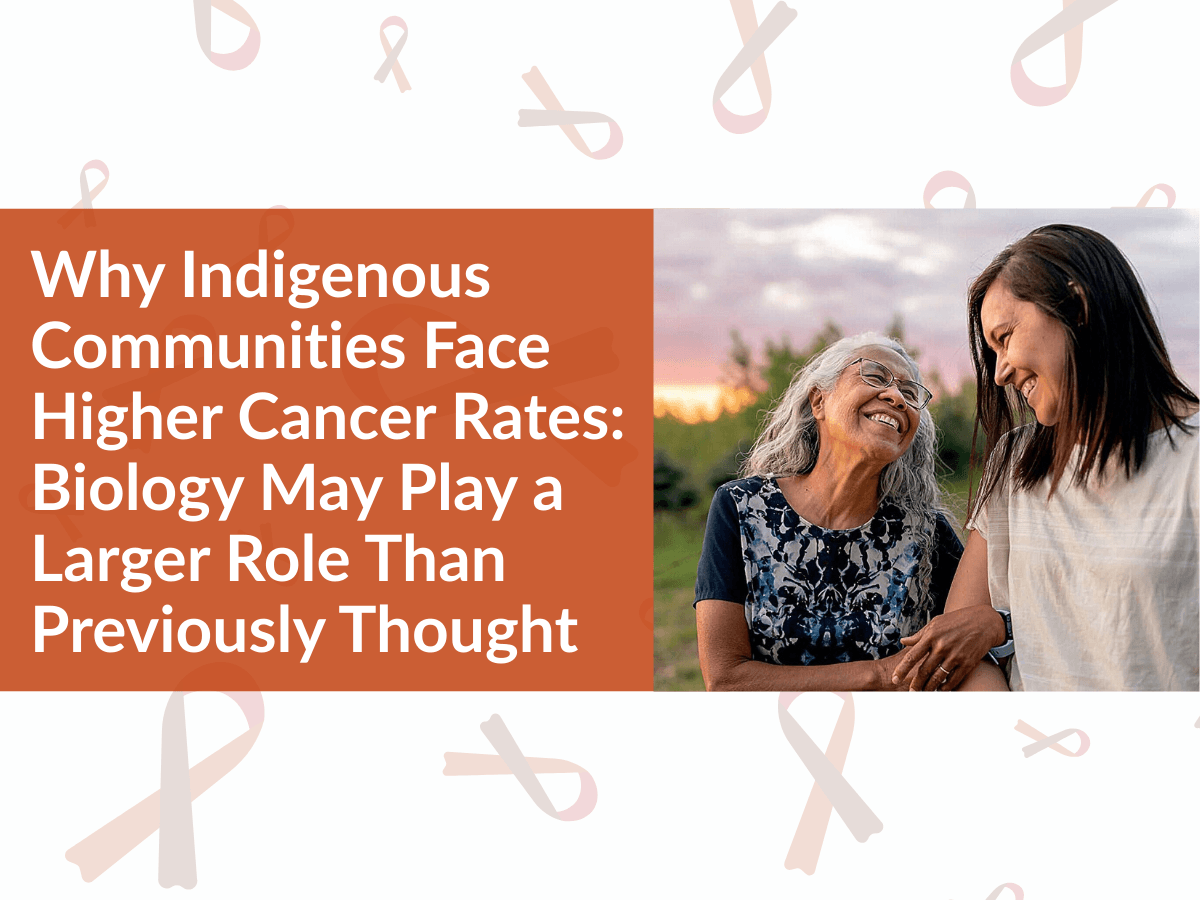
The Cancer News
AN AUTHORITATIVE RESOURCE FOR EVERYTHING ABOUT CANCER
Centering Cancer Patients’ Voices in Global Health Advocacy
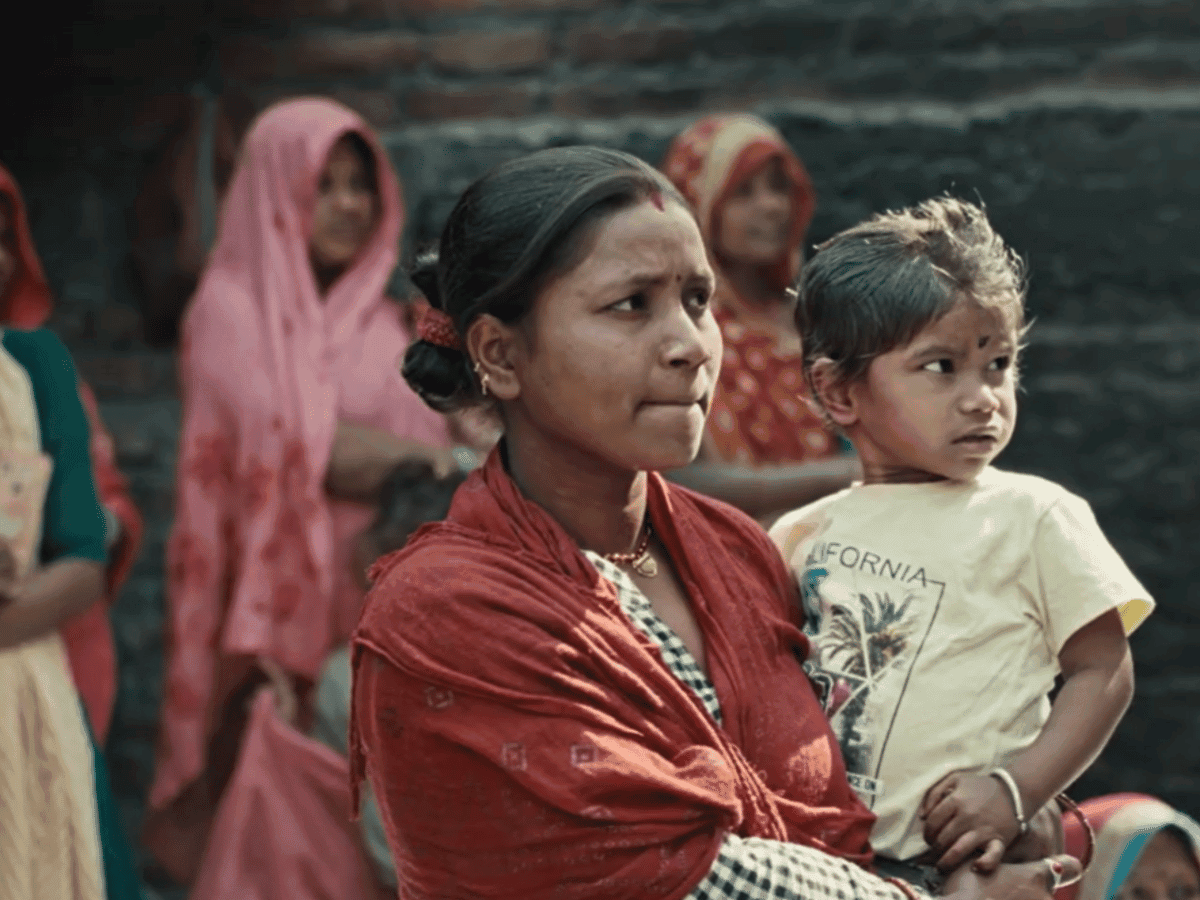
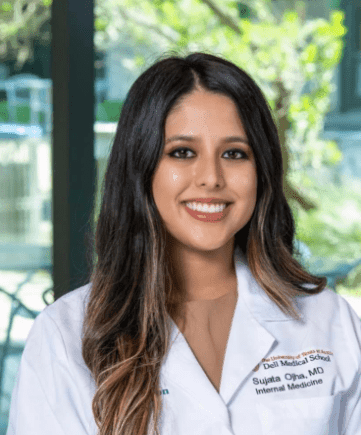 Dr. Sujata Ojha
Dr. Sujata Ojha
In the rural communities of Nepal, lives a mother, Manjula, who lost two of her children to Wilms' tumor, partly due to the long distance to the nearest cancer center. Manjula’s story is a painful reminder that effective global health advocacy must not only focus on top-down systemic problems but also actively incorporate issues from the bottom up, centering the needs of patients who are most affected.
What is Global Health?
Global health is defined as “an area for study, research, and practice that places a priority on improving health and achieving health equity for all people worldwide.” This definition highlights key components such as improving health, achieving equity, reaching beyond borders, uniting disciplines, and building partnerships. Central to these interconnected elements must be the voices of patients, whose insights and lived experiences shape meaningful health decisions and policies.
Global Health in Low-and Middle-Income Countries
When it comes to global health, it is important to ask, “Whose voice are we not hearing?” The majority of global health research and advocacy is led by authors from high-income countries (HICs), who often focus on problems in low- and middle-income countries (LMICs). Researchers in the HICs are more likely to lead institutions, set research agendas, receive funding, and attend international conferences, while those in LMICs are often left out.
Yet, scientists and practitioners in LMICs are usually the ones working closest to the issues, meeting patients, understanding local needs, and operating at the grassroots level. When their voices are sidelined, the result is global health research that may not reflect the realities of the communities it aims to serve. This reinforces knowledge gaps and creates biased study outcomes. What truly makes a difference is meeting people where they are, listening to their needs, and building partnerships from the ground up.
Patient Voices in Global Health Care
Historically, patient voices in medicine and research have often been overlooked, especially within LMICs. This is not an uncommon occurrence because patients are often at their most vulnerable when unwell and may face bias that unfairly labels them as aggressive. In global health, this is even more evident in cancer care, which is frequently deprioritized due to its complexity and perception as an insurmountable disease.
Alex Keir, a three-time pediatric cancer survivor and global health student, emphasized the importance of patient voices in cancer advocacy, as reported by the UCSF Institute for Global Health Sciences. “I realized the value in speaking up and sharing stories,' Keir said, reflecting on how lived experience can drive change.” In Tanzania, Alex contributed to colorectal cancer research, demonstrating how survivor-led efforts can drive more effective care. This example highlights how centering those most affected is essential to building responsive and equitable global health systems.
Patients in LMICs often face several systemic barriers, including limited health literacy, stigma, and financial burden, which often impede active participation in advocacy and care. In order to effectively integrate their voices, it is crucial to have a health system that provides a culturally sensitive platform addressing financial support and education tailored to improve health literacy. Initiatives such as patient navigators and peer-to-peer support networks have demonstrated significant success in patient engagement and patient advocacy.
Expert Perspective: Dr. Dan Milner on Patient Inclusion in Global Oncology
Dr. Dan Milner, the executive director of the Access to Oncology Medicines (ATOM) Coalition, emphasized this perspective in an interview, drawing from his lived experience across Africa. Dr. Milner shared, "When I see successful programs that have used advocacy as a key component, it is patient voices that have been most important. And when I say that, I do not mean just listening to patients and putting their stories on social media. I mean, having patients at the table, sitting in the room with the government, negotiating pricing, negotiating what drugs are needed. Patients need to be there because they are the ones who have suffered through it. They understand the journey and can explain it in ways that government officials cannot."
Binaytara’s Approach to Global Health
For example, Binaytara has been taking a person-centered approach to improve outcomes for cancer patients who need chemotherapy. By 2040, an estimated 26 million cancer-related chemotherapy treatments will be needed globally, and already, about 57.7% of newly diagnosed cancer cases require chemotherapy. Understanding how people with lived experience view the form of cancer care they receive is essential to improving treatment and recovery.
One patient at the Binaytara Cancer Center, Mr. Nadaf, who particularly felt optimistic throughout his cancer care journey, shared, “I am getting chemotherapy. I feel a bit weak for two days after the chemotherapy infusion. Other times, I work on the farm and enjoy my life. I do not think I have cancer. And even if I have, what is the big deal? I have not suffered any pain. It was just bloating, and the doctors initially said it was gastritis. I was diagnosed within one month of when my problem started. And I am okay now.” Mr. Nadaf’s story highlights that when cancer care is built around the patient’s experience, it can lead not only to better outcomes but also to a greater sense of dignity, resilience, and hope.
World Health Organization’s Framework on Patient Engagement
In 2023, the World Health Organization released a framework for meaningful patient engagement in the context of noncommunicable diseases (NCDs), mental health, and neurological conditions. It encourages patients to take an active role in their health and highlights how their voices can help shape better policies, programs, and services, especially in cancer care. This framework emphasizes that people with lived experience are not just participants, but essential partners in creating real health solutions.
Community-Led Care: Dr. Lifang Hou’s Global Health Project
Dr. Lifang Hou, a Binaytara Global Health Lecture speaker and professor at Northwestern University, is leading work that shows why grassroots involvement matters in global health advocacy. Through the “Health on the Roll” mobile clinic initiative, her team brought cervical cancer screening and treatment to women in rural parts of Mali and Nigeria, places where access to care is often limited. By working with local healthcare providers and centering the voices of women in these communities, the program built trust while delivering lifesaving care. Dr. Hou shared the results of this work at the Summit on Cancer Health Disparities, showing how community-led efforts that center patients’ needs drive real change in cancer equity.
Future Directions
Emerging digital platforms and technologies present opportunities to amplify patient voices in global health advocacy. Through telemedicine, virtual support communities, mobile health apps, and social media platforms, we can decrease the distance between patients and clinicians, policymakers, and advocates, especially in areas that are underserved and geographically isolated. Future efforts must prioritize integrating these technologies to include patient insights within healthcare, especially in oncology.
Conclusion
Patients offer powerful stories and unique insights into global health. Their perspectives help identify barriers and gaps in care and are key to designing effective, locally relevant interventions. If we want to tackle health inequities globally, we have to start by truly listening to the people who have been left out for far too long. That means shifting power away from those who have long benefited from staying in control. But the real question is: Are we truly prepared to listen to and prioritize patient voices, ensuring healthcare delivery aligns with their needs?
Author Bio
 Sujata Ojha, MD, is an Internal Medicine Resident Physician interested in hematology/oncology, health disparities, and global health. Passionate about patient education and advocacy, Dr. Ojha dedicates her efforts to enhancing cancer care, with a particular emphasis on preventive health and cancer screening. She actively works on initiatives to increase accessibility and effectiveness of cancer screening programs, aiming to improve early detection and patient outcomes, especially in underserved communities. Her commitment to mentoring patients and healthcare professionals underscores her dedication to advancing medical education and promoting informed healthcare decision-making.
Sujata Ojha, MD, is an Internal Medicine Resident Physician interested in hematology/oncology, health disparities, and global health. Passionate about patient education and advocacy, Dr. Ojha dedicates her efforts to enhancing cancer care, with a particular emphasis on preventive health and cancer screening. She actively works on initiatives to increase accessibility and effectiveness of cancer screening programs, aiming to improve early detection and patient outcomes, especially in underserved communities. Her commitment to mentoring patients and healthcare professionals underscores her dedication to advancing medical education and promoting informed healthcare decision-making.


